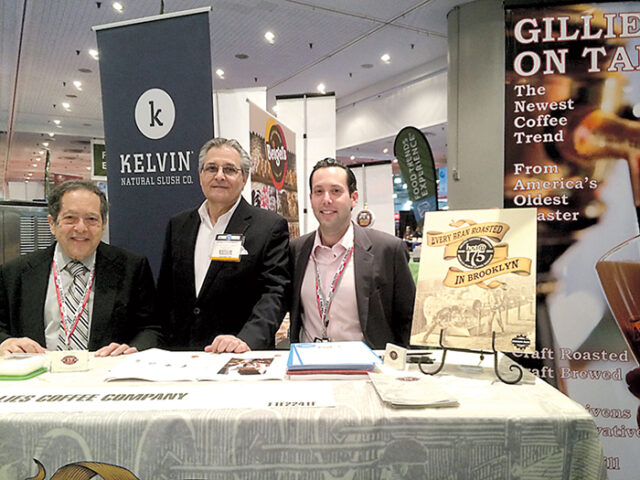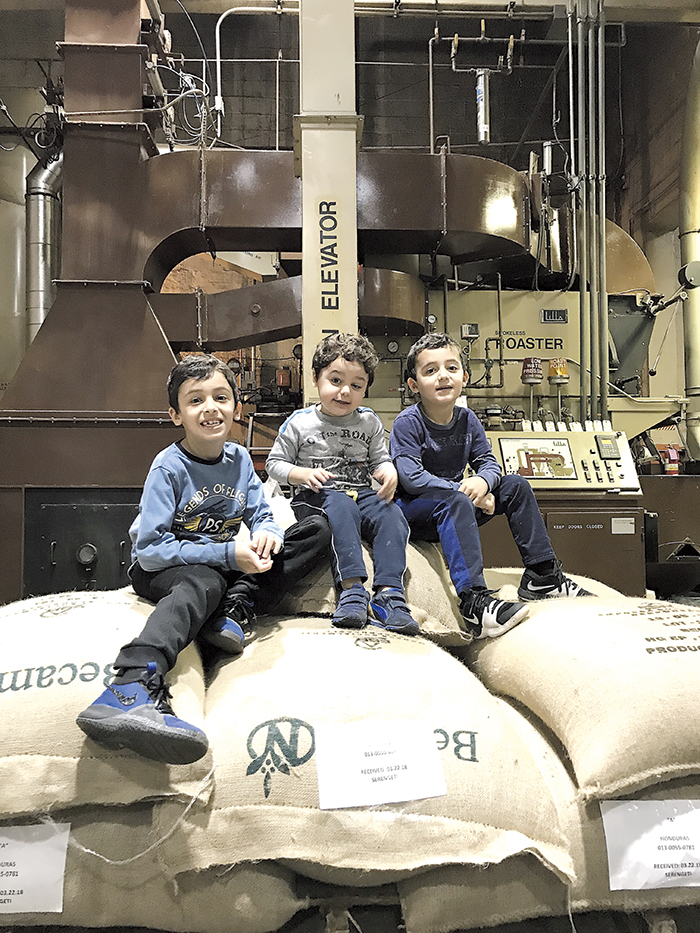
The importance of proper planning, and the implementation of Buy-Sell agreements in family businesses, is essential to secure a healthy, ongoing, generational relationship.
David Chabbott
One of the core tenets of our community, which has kept us together for hundreds of years, is the importance of maintaining an incredibly close relationship with our family. This can be seen geographically, with brothers and sisters making every effort to live mere blocks from their parents. We see it at the holiday table, with the norm being a large gathering, sometimes 4 generations deep. Inevitably, the tight-knit bonds we develop with our siblings and relatives evolved towards the economic side of the coin. For many, the “family business,” is a bedrock of the sustainability and preservation for the present and future economic health of our community.
Growing up with the expectation of sitting side by side with your father is a blessing that not all are privy to. Working with the people you love the most, on paper, is a dream. The reality is, just like with all relationships, when working with family it is imperative proper steps be taken, to ensure the future of the company, and that organizational structures be put in place in anticipation of the inevitable.
In the 1930’s as my grandfather David Chabbott A’H was on the Lower East Side, selling shmatas (selling clothing or textiles), it’s safe to say he wasn’t thinking about how to split his handkerchiefs into quarters for his four future children. Almost a century ago, the most important thing was creating something to benefit the now; food on the table, clothing for the chagim (holidays), a roof over your head. Fast forward to today, and for so many, our grandparents’ businesses are now feeding their great grandchildren. Businesses have grown exponentially, and the number of people depending on the success and continued expansion of said businesses could be hundreds.

“He’s my brother, we don’t need an agreement on paper.”
As a financial advisor at The Power Forward Group, I constantly deal with members of our community who are partners in their business with siblings, cousins, and close friends. My first question to them is consistent, do you have a partnership agreement? Surprisingly often, the response is hostile. Family matters tend to be the most sensitive topic to broach, and the suggestion that a contract be implemented into a business plan, can be perceived as an implication of trouble brewing within the fabric of a family structure. The fact is, it’s exactly the opposite.
The reason for implementing a partnership agreement is to ensure the continued success of a family business, which be’ezrat Hashem can flourish for the next 3 generations.
One of the most tragic things to witness amongst family members are siblings who no longer speak, because of something in the family business that went sour. We see these fights spill into the shiva, where two people may even refuse to sit in the same house. It’s safe to say that earlier in their working lives, people going through these conflicts never foresaw what the future would hold.
So, what is a partnership agreement? While there are many variations, a commonly used type is a Buy- Sell agreement. In a Buy-Sell agreement, there is an agreement on paper where upon the passing of one of the partners, shares owned by the deceased are purchased by the surviving partner for a set price. The most important aspect to having a working Buy-Sell agreement, is the annual monitoring of the valuation of a company. Even with the most well-crafted, perfectly written partnership agreement, if a valuation isn’t updated consistently, problems will often arise.

One of the best ways to fund a Buy-Sell agreement is a Business Owned Life Insurance policy. In this scenario, there is a Cross Ownership/ Purchase of Life Insurance policies. In its simplest terms, Cross Ownership life insurance refers to a situation where two or more parties, such as business partners or family members, own life insurance policies on each other’s lives. This arrangement ensures that if one party passes away, the others receive the death benefit to help cover financial obligations, business expenses, or personal needs. While not the perfect solution, these types of arrangements are incredibly useful in helping avoid conflict in the inevitable situation where one business owner passes before the other. All business owners should consult with their estate lawyers and accountants when developing such a plan, to learn more about the tax benefits and proper structuring as well.
Personally, when my father passed away in 2019, there was a partnership agreement with a Cross Owned Life Insurance policy in place. While we did not implement the agreement, which was a choice made by my family and my father’s business partner, the existence of this vehicle allowed a peaceful transition, which led to the eventual sale of our business to a third party. Without this in place, I can only imagine the potential hostilities that may have occurred. Now, in my role at Power Forward Group, I hope to share with my clients the lessons I learned as a member of a family business, and best practices to ensure that our children and grandchildren can continue to benefit as businesses pass in a healthy manner from generation to generation. For Educational Purposes Only – Not to be relied upon as financial, tax, or legal advice.
Registered representative of, and securities and investment advisory services offered through Hornor, Townsend & Kent, LLC (HTK), Registered Investment Adviser, Member FINRA/SIPC, 600 Dresher Road, Horsham, PA 19044. 800-873-7637, www.htk.com. Power Forward Group is unaffiliated with HTK. HTK does not offer tax or legal advice. Always consult a qualified adviser regarding your individual circumstances. 7167643RG_Oct26
David Chabbott is a community member and financial advisor at Power Forward Group. He graduated Brooklyn College in 2001, and has spent the last 20+ years operating his small family business. David and his wife Aimee love getting involved in their children’s yeshivah, watching their 4 sons play basketball, and playing Barbie with their daughter.



